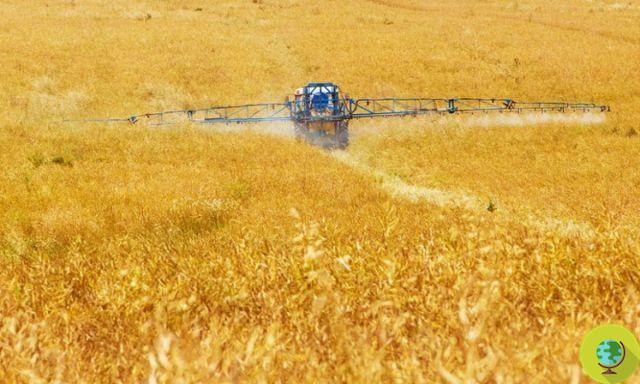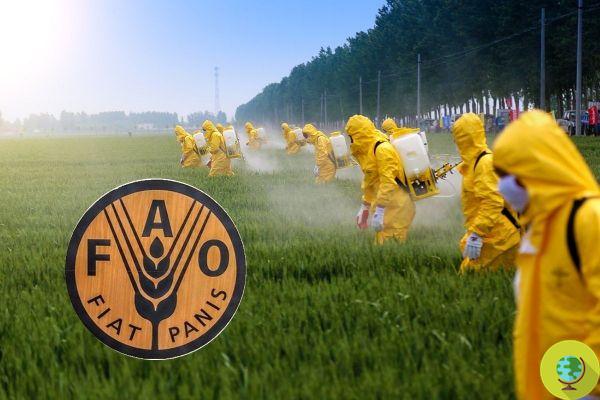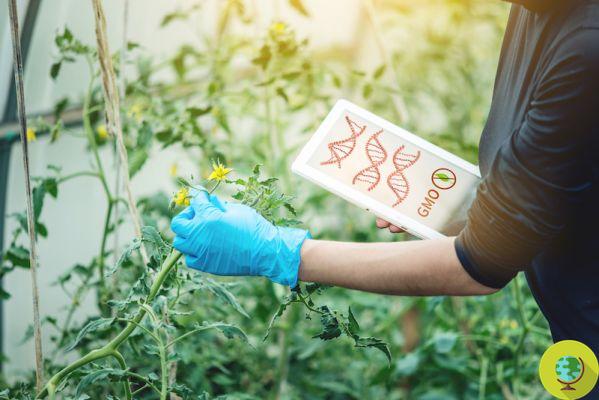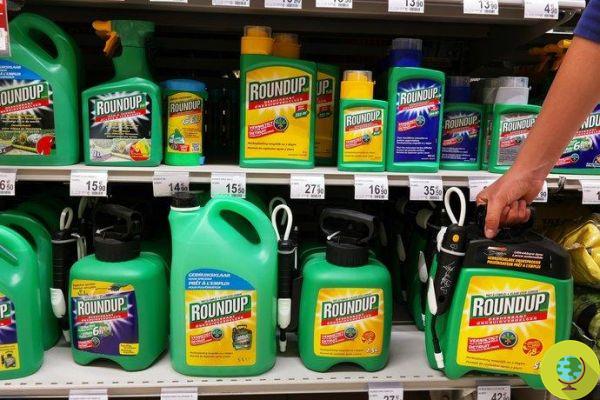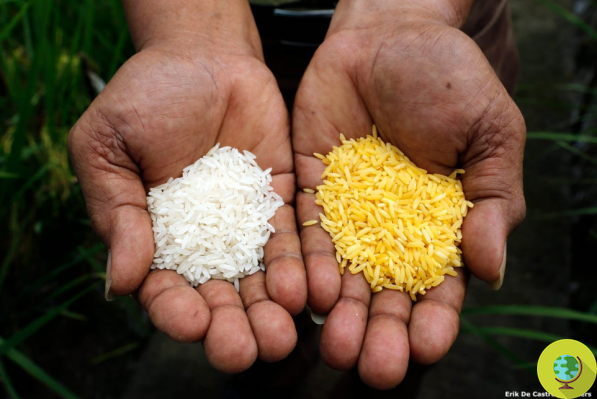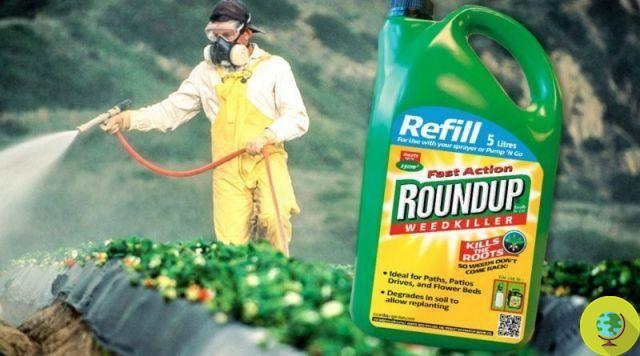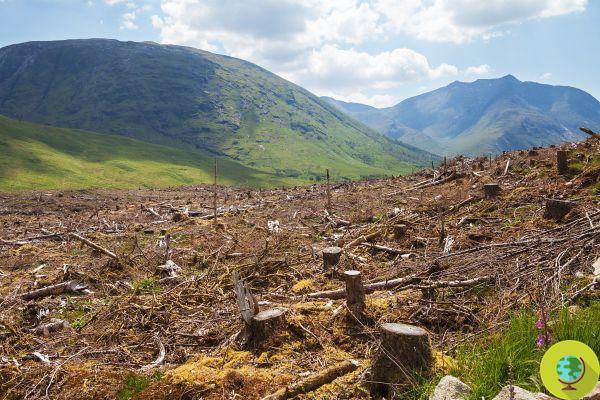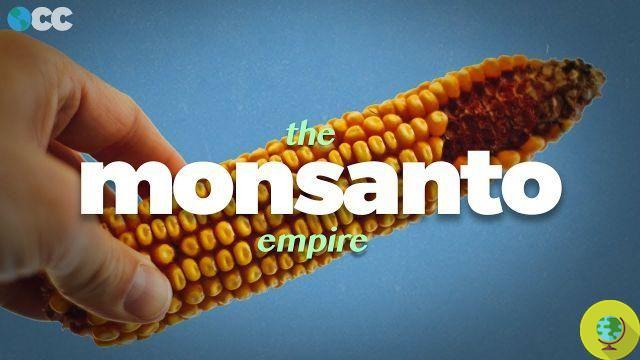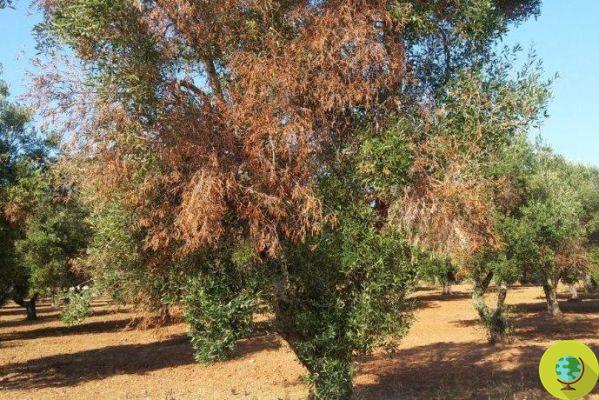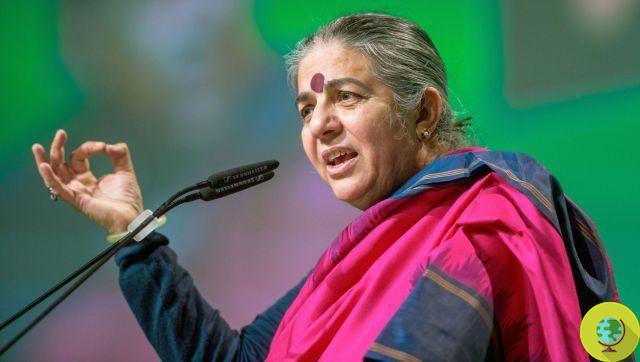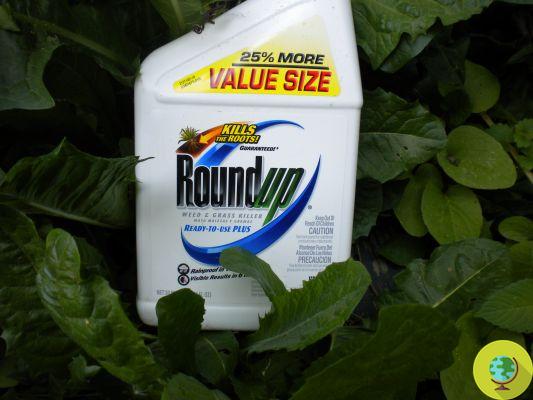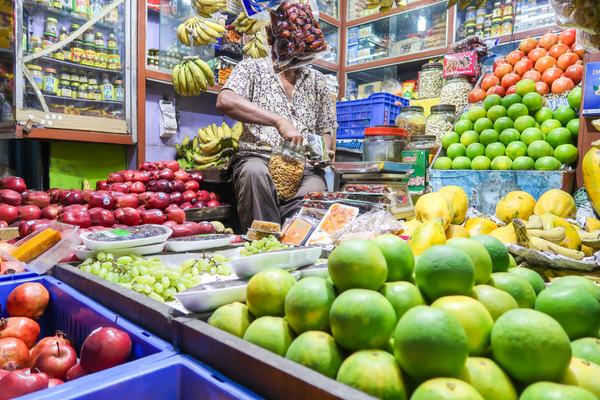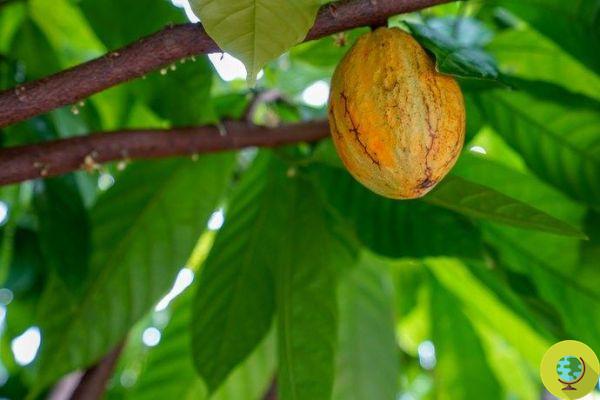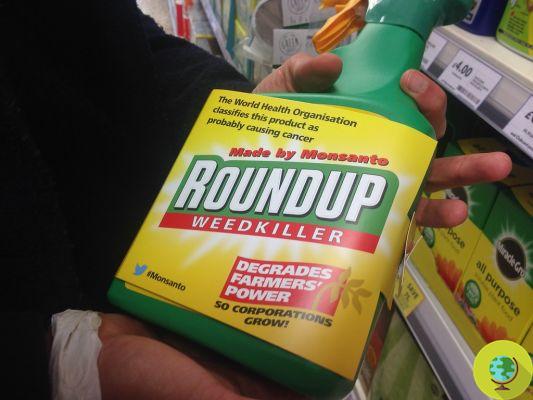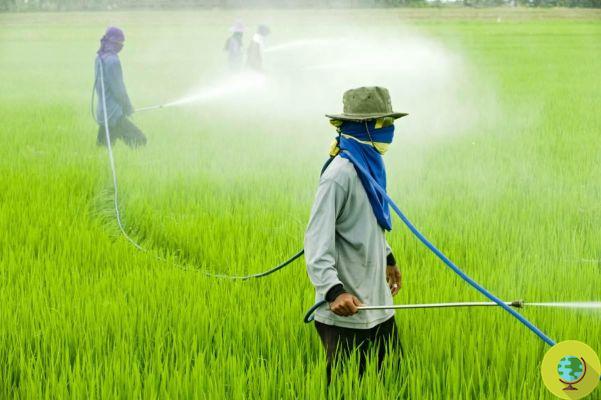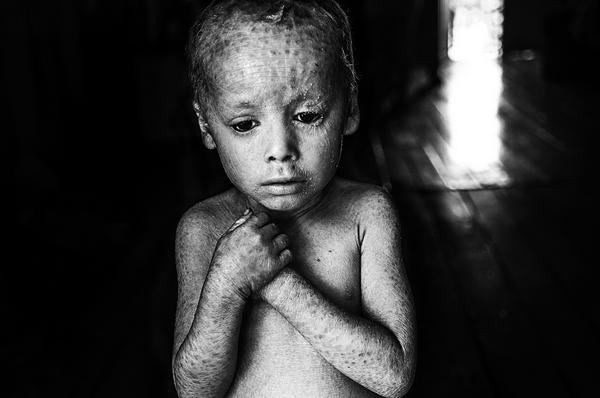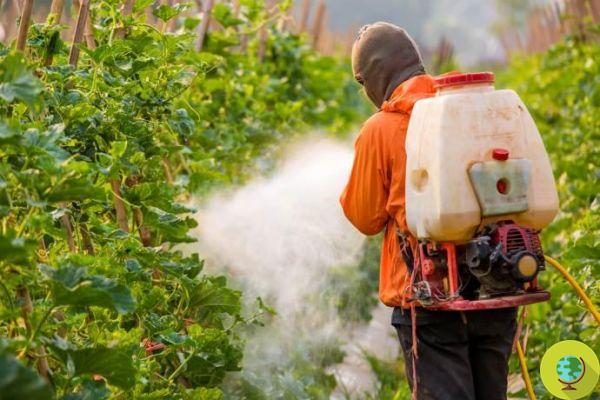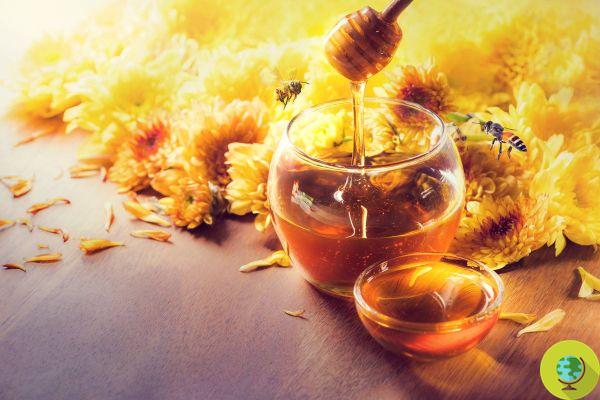
Japan imports large quantities of Manuka honey, one of New Zealand's specialties, but is ready to block shipments
He is about to end up run over, his mother saves himJapan imports large quantities of Manuka honey, one of New Zealand's specialties, but is ready to block future shipments if it detects that glyphosate limits are still exceeded. Meanwhile, it has already intensified controls on imports.
It is war between New Zealand and Japan. The Japanese Ministry of Health, Labor and Welfare has informed the New Zealand Ministry of Primary Industries that if 5% of imported honey exceeds the glyphosate limit, it will return it to the sender.
This is something the country cannot afford given that last year the world exports of Manuka honey from New Zealand amounted to $ 490 million, of which nearly $ 68 million was sent to Japan. The New Zealand Ministry of Primary Industries is already taking action and has announced that all honey exports to Japan will be tested for glyphosate.
The story
Japan has been burned twice. During routine checks, in fact, he detected the presence of the dangerous pesticide in honey imported from New Zealand. Thus, the massive checks were launched that will cover every gram of the precious food produced by bees.
Andrew Pearson, head of food risk assessment at the Ministry of Primary Industries (MPI) and New Zealand Food Safety, has already tried to reassure the Japanese authorities that honey will be tested even before leaving:
"The test must be done in a laboratory licensed to test glyphosate in accordance with MPI requirements," Pearson said. "If the test results are not provided, MPI will not grant export certification for that batch of honey."
Although its use is widespread all over the world, the glyphosate is a controversial herbicide. The International Agency for Research on Cancer (IARC) has classified it as "probably carcinogenic" to humans.
But according to the New Zealand authorities, taking into account the IARC data, honey consumers do not run any risk as New Zealand's expected maximum levels are lower than those deemed dangerous by the agency.
“To give a real-world example, a five-year-old who is consuming honey with the default maximum residue level in New Zealand would have to eat about 230kg of honey every day for the rest of his life to achieve his daily intake. acceptable glyphosate of the World Health Organization, ”Pearson said.
Producers are also trembling, fearing they will lose an important share of the market. Unique Manuka Factor Honey Association spokesman John Rawcliffe said he was concerned about the impact the Japanese decision could have on the industry.
“We are known to be 100% clean, green and pure, our environment is what makes this honey sell and so we need to be very aware and actually deliver a product that meets these expectations,” said Rawcliffe.
Farmers are worried about another aspect. Honey bees forage over an area of at least 3 km from the hive, so they cannot have any control over neighboring lands. That is why the authorities want to introduce new guidelines and regulate the use of glyphosate.
Fears related to glyphosate as well as from Japan could also be raised by other countries in the world and the damage for producers would be significant.
One more reason to limit its use.
Sources of reference: RNZ, RNZ
READ also:
- Glyphosate in honey: the French prosecutor opens an investigation after the beekeepers report
- From honey crackers: everything we eat may contain traces of glyphosate




